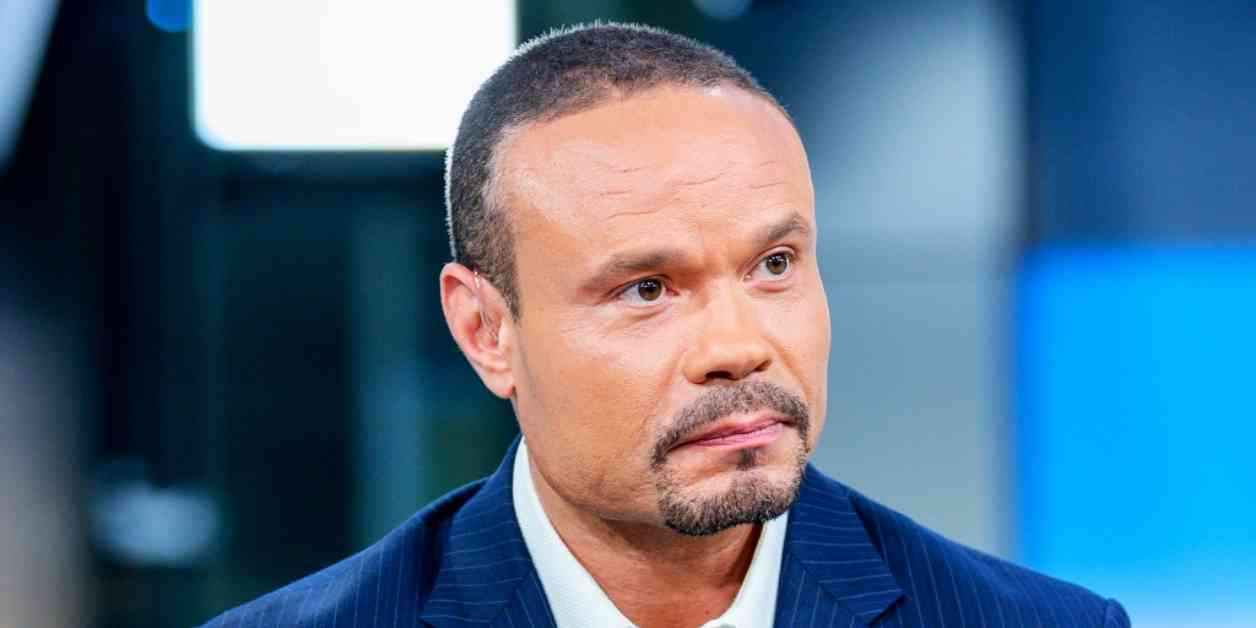Dan Bongino, a well-known conservative podcaster, has recently been appointed as the deputy director of the FBI, sparking widespread controversy and scrutiny due to his history of publicly criticizing the agency. Bongino has been a vocal critic of the FBI, regularly promoting conspiracy theories that accuse the bureau of colluding with the so-called deep state, a shadowy network of entrenched federal and military operatives. His views have been widely disseminated through his highly popular show, “The Dan Bongino Show,” which has amassed millions of listeners across various platforms.
A Deep Dive into Bongino’s Criticism and Conspiracy Theories
With a thorough examination of Bongino’s podcast transcripts spanning from 2017 to 2025, NBC News uncovered a consistent pattern of attacks on the FBI, with over 21,000 mentions of “FBI” or “deep state.” Bongino’s criticisms escalated over time, particularly during the Trump administration, where he alleged that FBI leadership interfered in the U.S. election to benefit Democrat Hillary Clinton. Despite lacking concrete evidence, Bongino doubled down on his claims, fueling further controversy and raising questions about his suitability for a leadership role within the FBI.
Transition to the Role of Deputy Director and Implications
As the incoming deputy director of the FBI, Bongino finds himself in a position of significant influence, second only to the FBI director. Traditionally, this role has been held by a career agent with extensive experience managing the bureau’s operations. However, Bongino’s lack of prior service within the FBI, coupled with his history of public criticism and misinformation, has sparked concerns about his ability to lead the agency effectively. Alongside FBI Director Kash Patel, who shares similar criticisms of the FBI, Bongino faces the challenge of balancing his partisan views with the demands of a nonpartisan role.
The Road Ahead: Uncertainties and Challenges
Looking ahead, Bongino’s appointment raises critical questions about the future of the FBI and its commitment to political neutrality. His persistent calls to disband the FBI, coupled with his promotion of unfounded election fraud claims, underscore a deep-rooted skepticism of the bureau’s integrity. As Bongino prepares to transition from media personality to law enforcement leader, the public remains divided over his suitability for the role. While some view his outsider perspective as a much-needed shake-up, others worry about the potential consequences of appointing a vocal critic to a position of authority within a critical government agency.
In conclusion, Dan Bongino’s ascent to the role of deputy director of the FBI marks a significant turning point in his career and raises broader questions about the intersection of media, politics, and law enforcement. As he navigates the complexities of his new position, Bongino faces a unique opportunity to bridge the gap between his past criticisms and the responsibilities of his current role. Whether he can successfully transition from provocateur to public servant remains to be seen, but one thing is certain: the eyes of the nation will be closely watching as he embarks on this new chapter in his professional journey.


